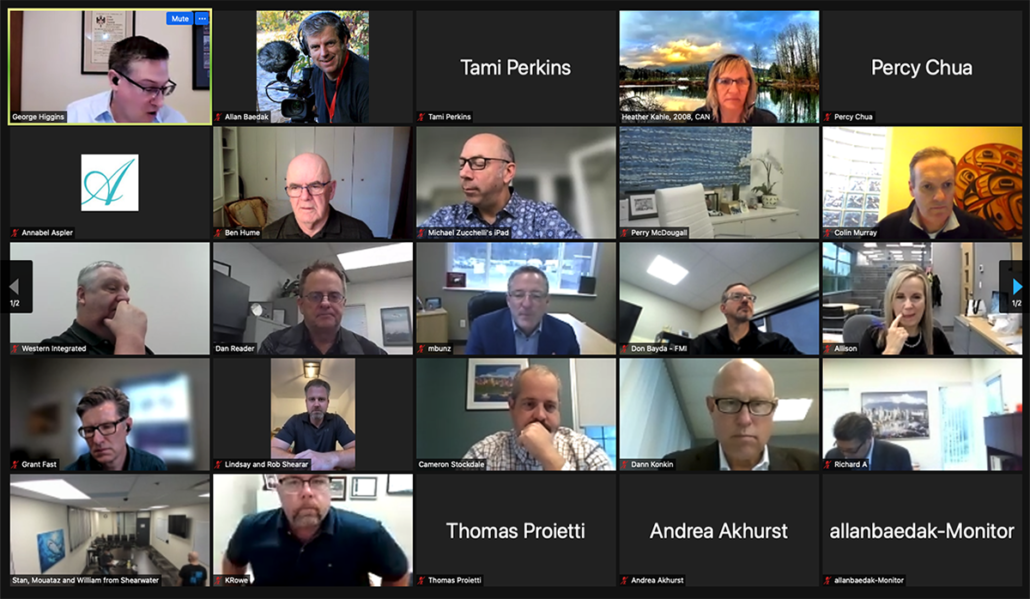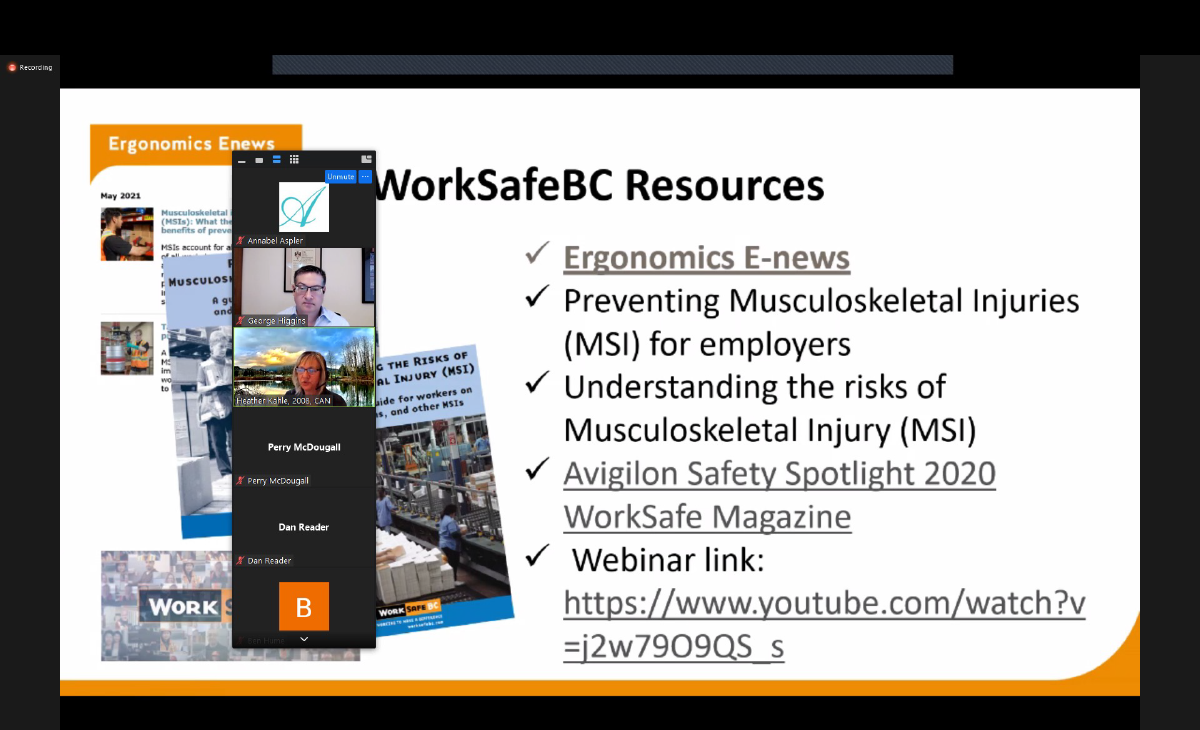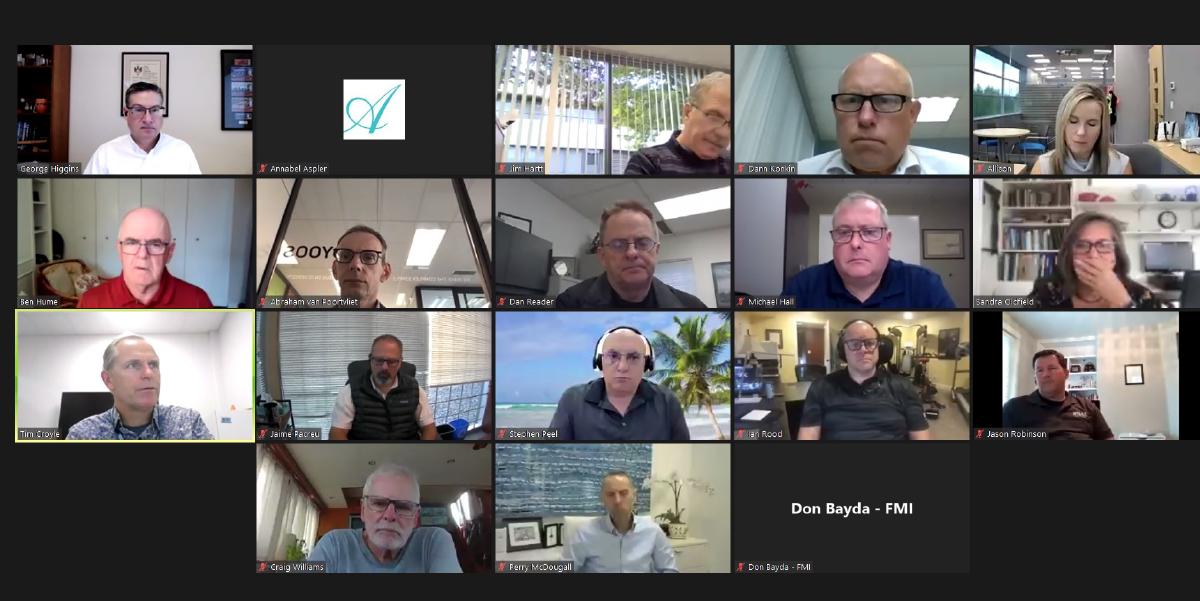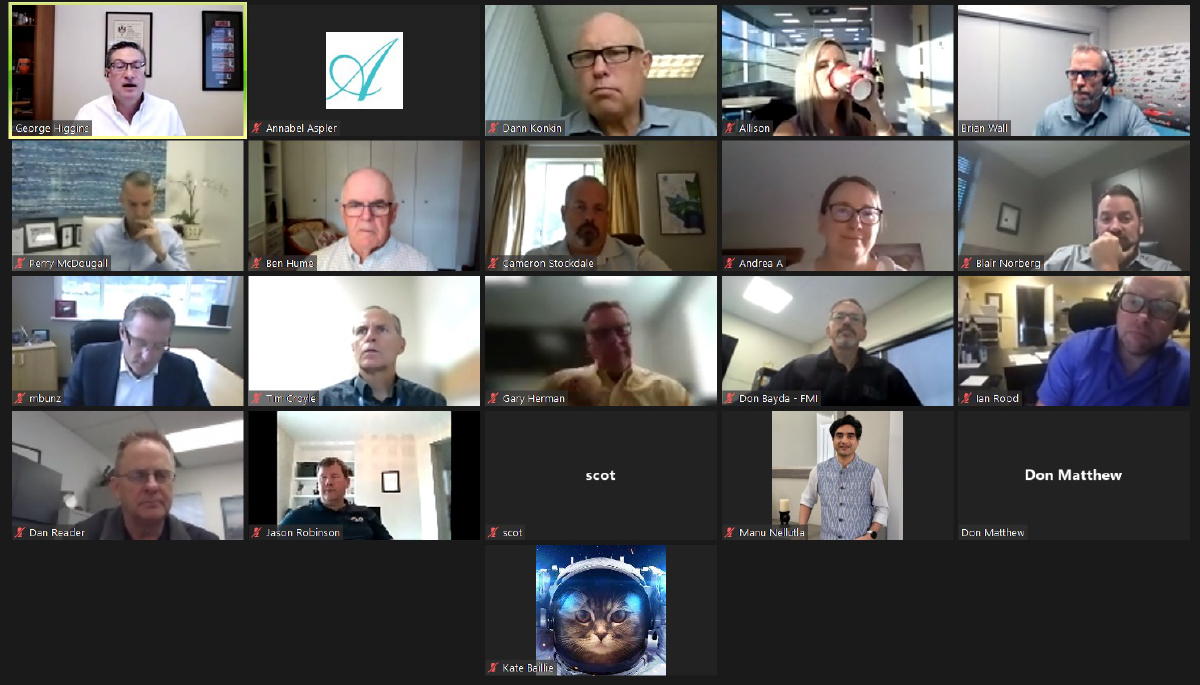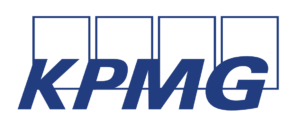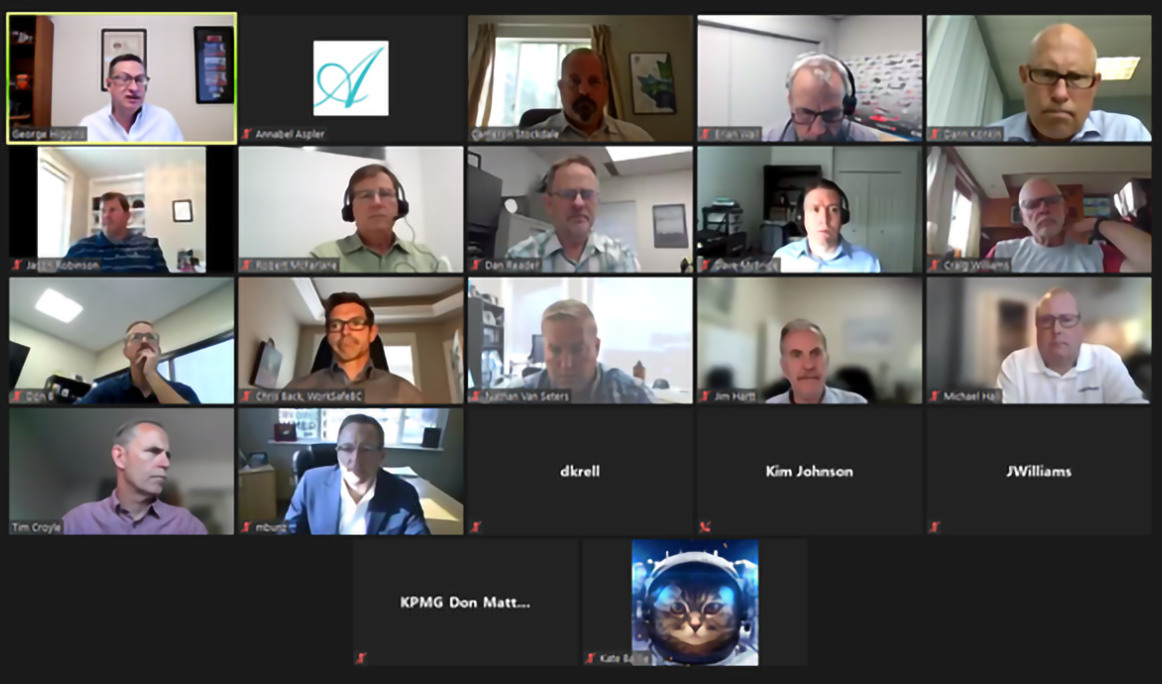Virtual Breakfast Forum – Feb 10, 2022
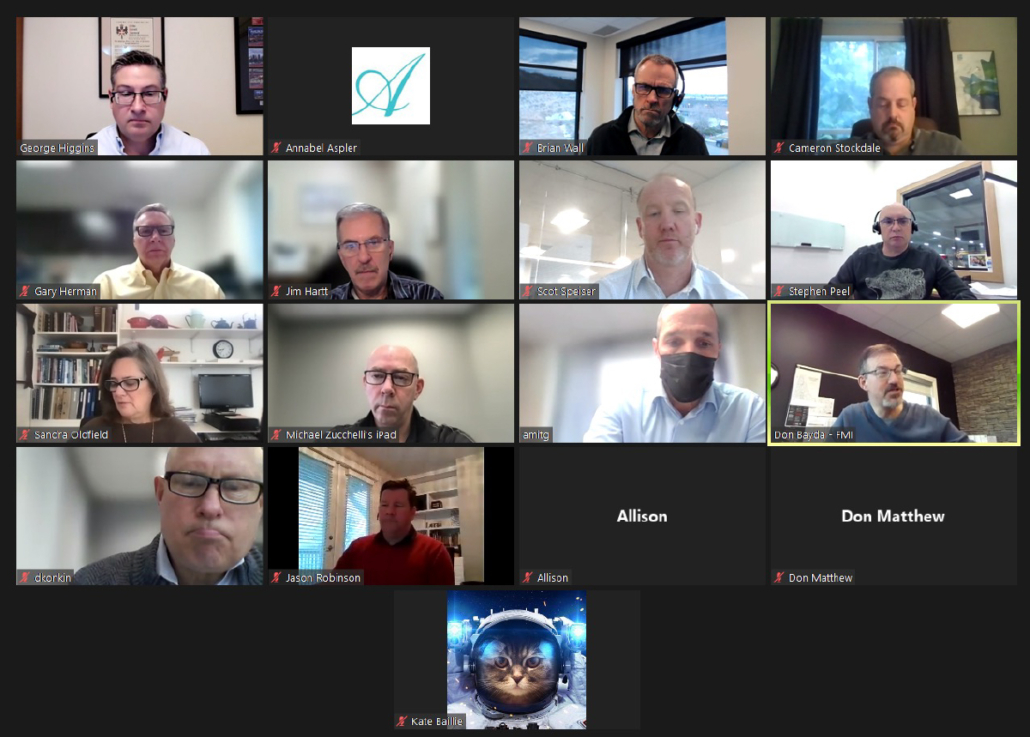
It was great to see our members that joined the Virtual Breakfast forum today. Conversations revolved largely around Covid, and how organizations will adjust to the lessening of restrictions. Most members noticed that their employees are showing more inclination to come together in person. There were reports that some company mandates are lessening, from allowing masks to be removed at workstations, encouraging more employees to return to work in person, to the idea of dropping the mandatory vaccination requirement within their organizations. It seems everyone is excited at the potential for a return to “life before Covid”.
There was an interesting discussion around rapid testing: primarily, that obtaining rapid tests is very difficult here in British Columbia. One member shared his source, where tests can be bought from Ontario: https://www.minervamedical.ca/ But even with access to these rapid tests, it bears mentioning that even with a negative test result, the individual still may test positive a few days later, depending on the viral load at the time of testing. This begs the question of how much faith to have in a rapid test, and whether there is a false security developing when there could actually be the potential of transmission of the virus with someone who is symptom free.
Members reported a continued struggle with supply chain issues. It was also widely agreed that on average, approx. 10% of their teams continue to be off work due to quarantining.
We want to bring you topics that are of interest to YOU! Please reach out to George with any ideas of topics that you’d like to discuss at future breakfast forums. We are open to topics that are relevant to Leadership, HR issues as well as Health and Safety related topics. Also please keep in mind that we are always looking to increase and diversify our membership. If you have any suggestions from your networks on good potential members, we’d love to hear from you.
George reminded members of the upcoming opportunities: Feb. 24th our VBF will feature guest speaker Debbie Pearmain, a Mental Health expert, on ways to engage your employees. Our AGM will be April 7th, at our normal VBF time of 8:00am, and we are looking for expressions of interest on members interested in joining the Board. Additionally, we are hoping that with lessening restrictions, we will soon be able to coordinate some in person site visits, as well as a Kelowna visit at the end of June. More to follow.

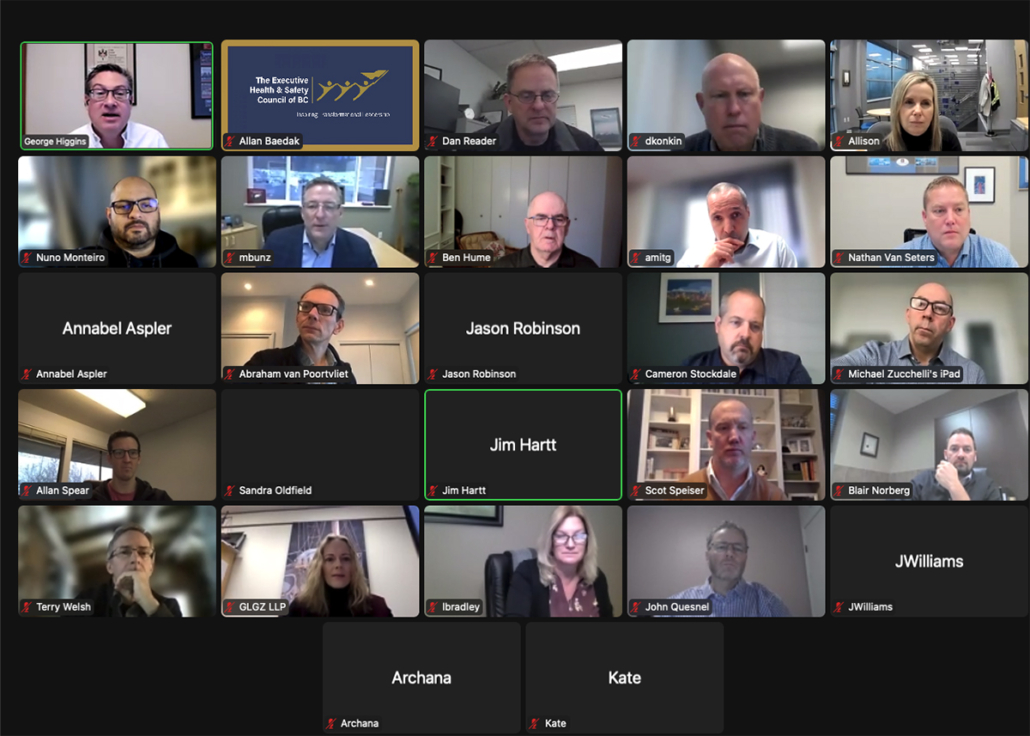
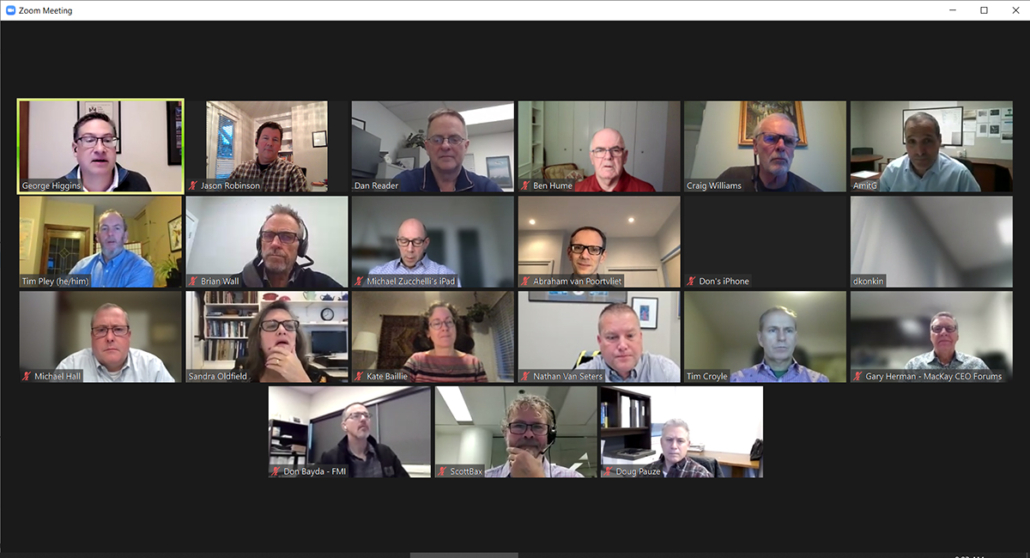
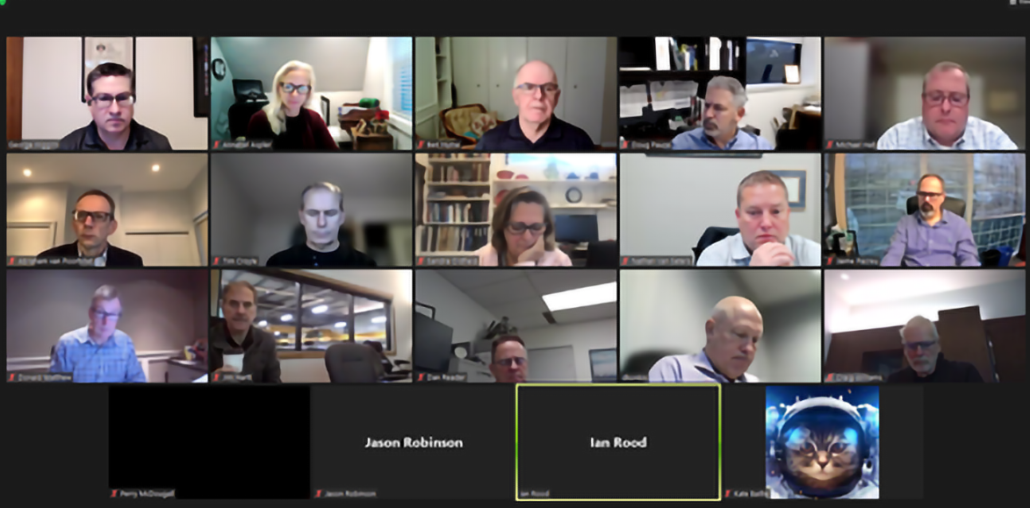

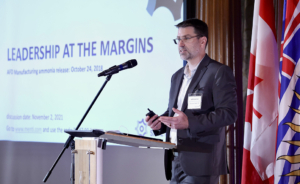
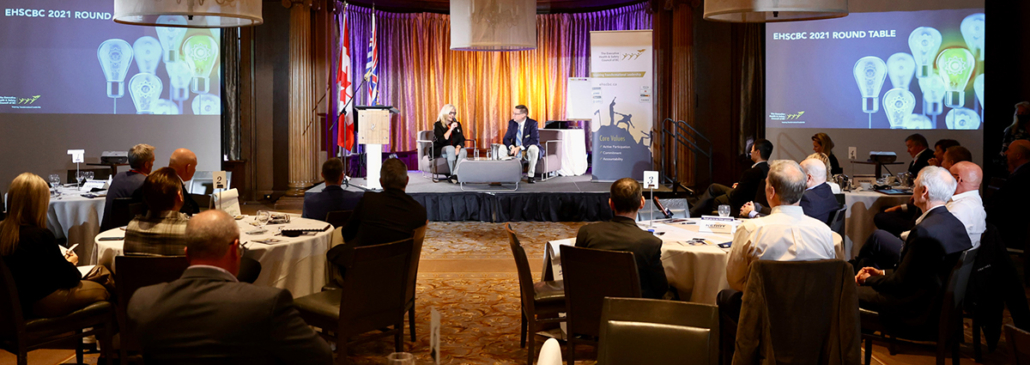
 The final networking session was a great way for members to chat informally, get to know each other and “trade business cards”. Many new connections were made, and old friends were finally able to connect – in person.
The final networking session was a great way for members to chat informally, get to know each other and “trade business cards”. Many new connections were made, and old friends were finally able to connect – in person.
